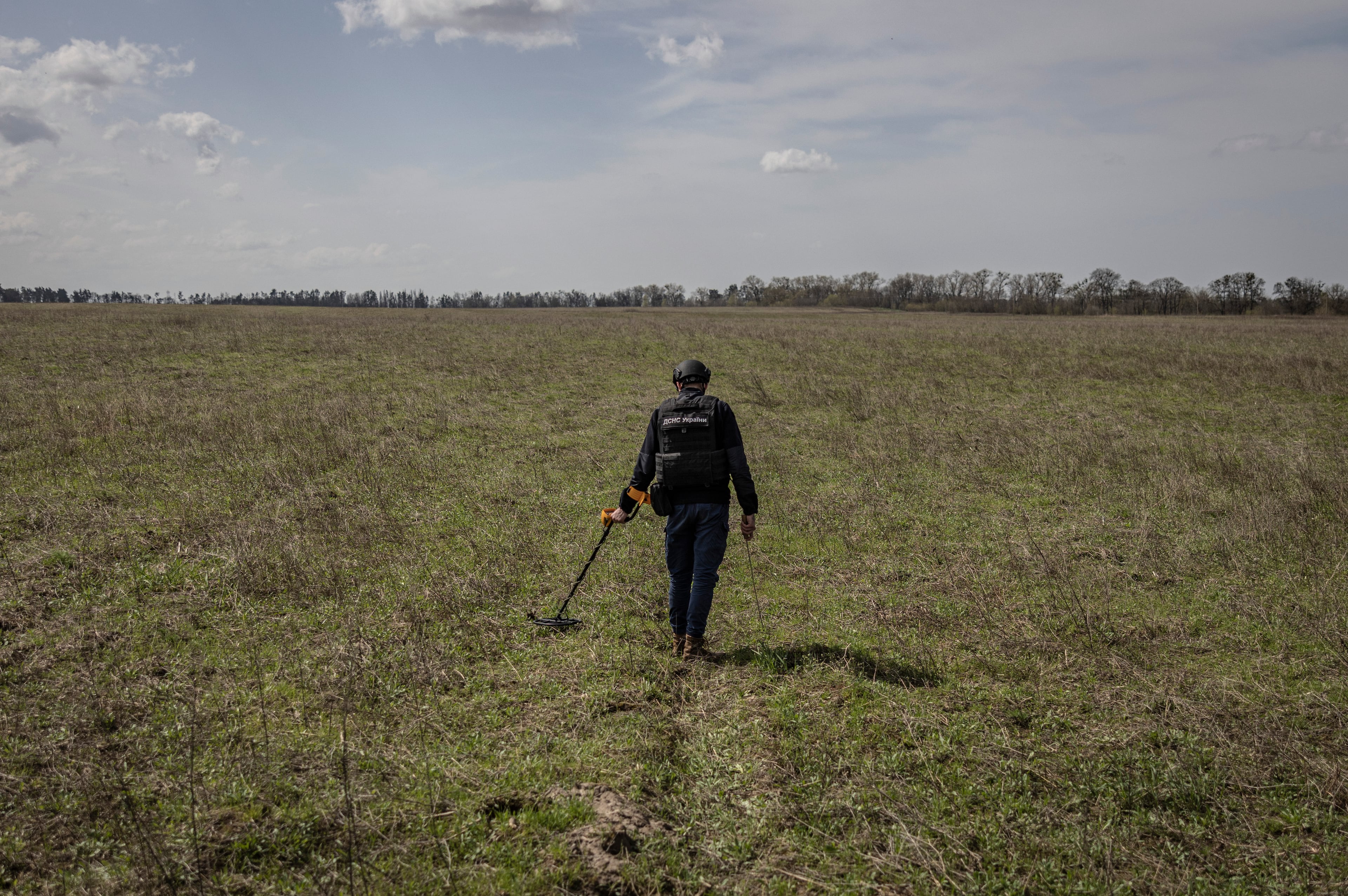Our View: A surprising departure and what lies ahead

Unprecedented times can yield large surprises.
Dropping squarely into this category is Atlanta Mayor Keisha Lance Bottoms’ stunning announcement that she will not seek a second term. The mayor publicly revealed her decision during a press conference Friday.
Bottoms’ comments were notable because they seemed heartfelt and sincere. Emotional at points, her remarks were laced with religious insights, rather than political mechanics or poll statistics.
“The decision I have made after thoughtful prayer and deliberation is to not seek another term as mayor of this city,” Bottoms told reporters.
Her surprising news upends scenarios that had been expected to unfold in the six months remaining until Election Day. The field of candidates will no doubt change, as mayoral hopefuls quickly reassess the political landscape and their potential chances for victory.
All of this will play out against a backdrop of a city of Atlanta that seems as divided as Georgia and America are at this point in time.
That reality will almost certainly fuel even more attention-grabbing political stunts and statements.
They, in turn, will be fed by the pall of angst around us that’s driven by disagreements over such things as political direction, COVID-19, issues of race and class – and public safety.
In her remarks Friday, Bottoms noted that, “moments and things are greater than one person.” In a gracious way, she is right. We are all in a moment right now – one historians will assess for generations to come.
The city of Atlanta, and the region of which it is the central heartbeat, is bigger than any one of us. That holds for both its successes and problems. They belong to us all.
Coming months will see a focus on the political horserace that has now dramatically changed. But we should not lose sight of the challenges we face.
Public safety is prominent among current concerns. That’s no surprise, given the city of Atlanta is seeing more homicides now than has been the case in a quarter of a century.
Indeed, last year was an historically deadly one, with authorities investigating 157 homicides – the most since 1996. In 2021, homicides are already up 60% from this time last year.
This Editorial Board has frequently criticized Mayor Bottoms for not doing nearly enough to help stem the rise in violent crime.
Before her surprise announcement about not seeking re-election, we were preparing to offer praise of her decision to make Rodney Bryant the permanent chief of the Atlanta Police Department. It seems a good decision – and one that was overdue.
If nothing else, we hope a permanent chief signals that the APD has solid and consistent leadership at the top. That cannot hurt as a torrent of violent crime continues to claim victims across the city.
The mayor’s decision to not run again means that Bryant may, in effect, turn out to still be an “interim” chief, given the next mayor could choose to name their own top cop.
Time will tell.
In her remaining months at City Hall, we urge Mayor Bottoms to redouble public safety efforts. She should press hard to quickly fill the 400 or so officer vacancies at APD. The city desperately needs a full complement of well-trained, competent officers having a spirit to serve during this perilous time for public safety.
Too often, Mayor Bottoms seemed indifferent to the concerns of those who feared for their safety amid a crime surge that is no respecter of neighborhoods or demographic statistics.
That may have hurt her politically, as she and her critics seemed to talk past each other.
Some of that likely resulted because Mayor Bottoms came across as focused more on finding solutions to crime via longer-term, creative policy prescriptions. This while those who feared for their safety in the city wanted visible crime fixes right now.
Without the immediate action citizens were demanding, the mayor’s focus on future-focused initiatives never really had a fighting chance.
This was unfortunate because the Bottoms administration’s ideas about the need for police reform and trying to reduce the root causes of crime likely had some merit.
Proactive measures to improve societal shortcomings might well prevent some future criminals from stepping onto wrong paths in the first place. Or keep nonviolent offenders from becoming felons who wreak harm on innocent people. Similar ideas around criminal justice reform have found some bipartisan acceptance in recent years.
With Mayor Bottoms having announced her pending exit from the political scene, at least for now, these ideas should not fall away entirely from the public conversation.
Acting in the last months of her mayoral term and beyond to assertively reduce violence offers the greatest chance of that happening.
Ironically, Mayor Bottoms’ decision now leaves her able to perhaps pursue her policy ideas without the constraints imposed by having to win over a majority of voters at the polls.
That political freedom could yield some interesting ideas in line with Atlanta’s legacy as a city that has known how to attack big problems that’ve flummoxed other places.
The Editorial Board.


